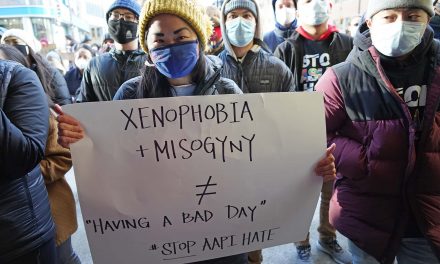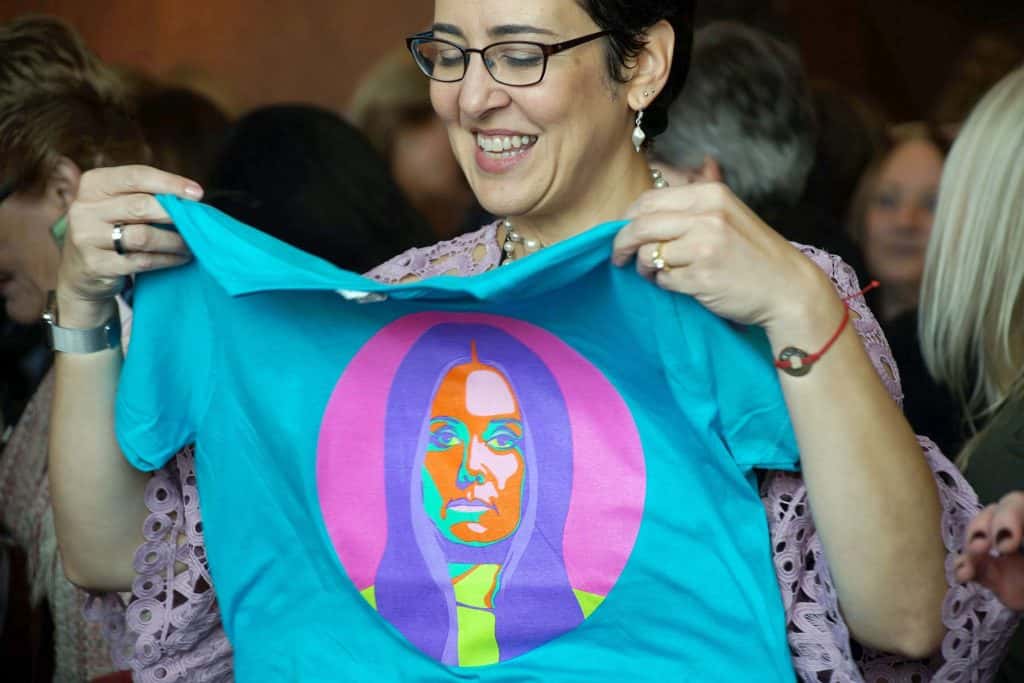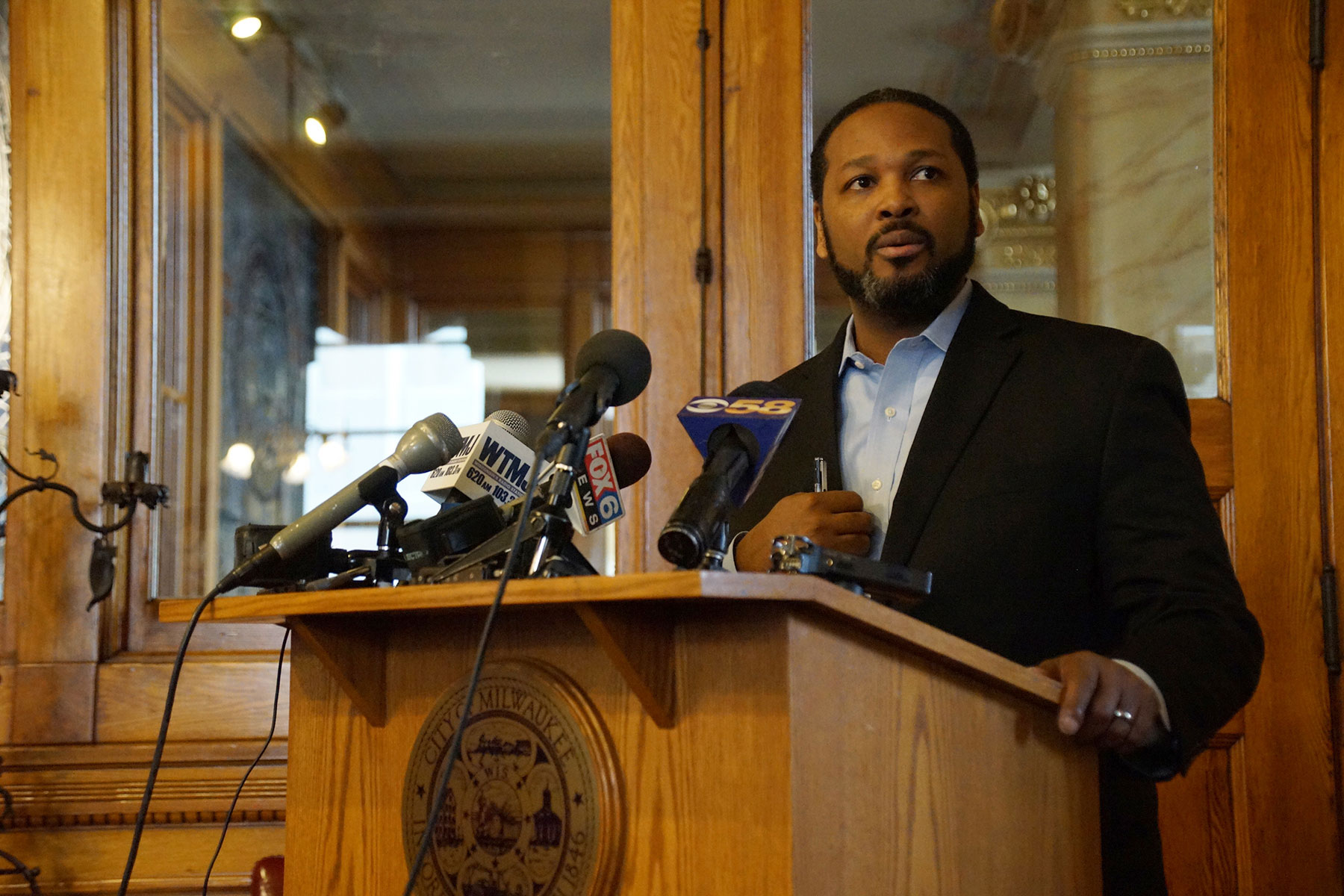
A comprehensive news conference was held at City Hall on March 13, to educate the public on the community-based response to a HIV and syphilis cluster that has impacted at least 125 individuals.
The number of newly diagnosed HIV/STI cases have increased both nationally and locally. Communities like Milwaukee, with high numbers of vulnerable populations, are experiencing high incidences of diagnosis. The at-risk populations include Men Who Have Sex With Men (MSMs), ethnic minorities, injection drug users, and women involved in the sex trade or victims of human trafficking.
Over the past two decades, federal funding for STD prevention has been slashed time after time, with devastating health consequences. Prevention programs have suffered and infections have skyrocketed to an all-time high. In just the past year alone, chlamydia rates have increased 5 percent, gonorrhea rates are up 19 percent, and syphilis rates have soared by more than 17 percent, including a staggering 28 percent increase in the number of babies born with the infection, which can lead to severe health problems, including blindness and even death.
“This is unacceptable,” says David C. Harvey, executive director of the National Coalition of STD Directors. “Those of us working in the field know that STD prevention works when it’s funded. Investing just 10 cents per person per year in syphilis prevention could cut the number of syphilis cases by almost a third. The tens of thousands of cases of pelvic inflammatory disease and infertility that publicly funded STD programs are still preventing every single year lead to nearly $100 million in health care savings alone. With increased support, they could be doing so much more.”
The spike in the Milwaukee HIV/STI cases is especially concerning to the City of Milwaukee Health Department (MHD) because a handful of youth were newly diagnosed with HIV or syphilis. Generally, the diagnosis is seen between young adults 14 to 24 years of age.
“The easiest way to stop the spread of STDs is to know your status. When free and confidential testing is used by everyone, we can improve the health and safety of our community as a whole,” said Alderman Rainey. “I urge Milwaukeeans to get tested and take full advantage of the health programs the city offers. We can stop the spread of these diseases by educating ourselves and others about the dangers of unprotected sex and STDs.”
The MHD strongly encourages parents, caregivers, teachers and others to promote the idea of teens abstaining from sex, or using protection if they are sexually active and to get regularly tested for HIV/STIs. The stigma and discrimination with being tested for HIV/STIs and or having the infections must be removed to increase early diagnosis and proper treatment.
The MHD is also concerned about the three cases of congenital syphilis that were identified in 2017. This is considered a sentinel event, it rarely occurs. The last known, single case, was in 2012. The MHD strongly encourages pregnant women and women of childbearing ages to use protection, get regularly tested for HIV/STIs and complete treatment regimens as required.
To prevent the spread of STDs and HIV, the City of Milwaukee provides several free health resources for sexual health, and encourages all city residents to get tested regularly for STDs through the city’s free screening program.
The city’s STD and HIV program educates area healthcare providers and city residents about common sexual health concerns. The program also offers free and confidential screenings for STDs, including HIV and syphilis, and provides Hepatitis B vaccinations, confidential HIV counseling, and condoms.
Both HIV and syphilis are can be prevented by knowing a partner’s sexual health status and using protection during sex. By understanding sexual health and the seriousness of STDs, city residents can protect themselves from contracting or spreading these diseases.
The photos feature highlights from the public discussion. The audio was recorded during the press conference, and includes comments from Ashanti Hamilton, District 1 Alderman and Council President for City of Milwaukee; Dr. Patricia McManus, Interim Health Commissioner with the Milwaukee Health Department; Bethamie Wyatt, Prevention Program Manager at Diverse and Resilient; Ericka Sinclair, Founder and CEO of the Greater Milwaukee Center for Health and Wellness; Dave Wenten RN, Executive Director of Holton Street Clinic; Andrew Petroll, MD, BESTD Clinic; Thom Bachuber, MD, Sixteenth Street Community Health Center; Julie Bock, Senior Vice President of Programs at Pathfinders; Deb Bonilla, Vice President of Patient Services with Planned Parenthood; Tony Snell, Executive Director at Milwaukee LGBT Community Center; and Michael Gifford, President and CEO of AIDS Resource Center of Wisconsin.
© Photo
Lee Matz

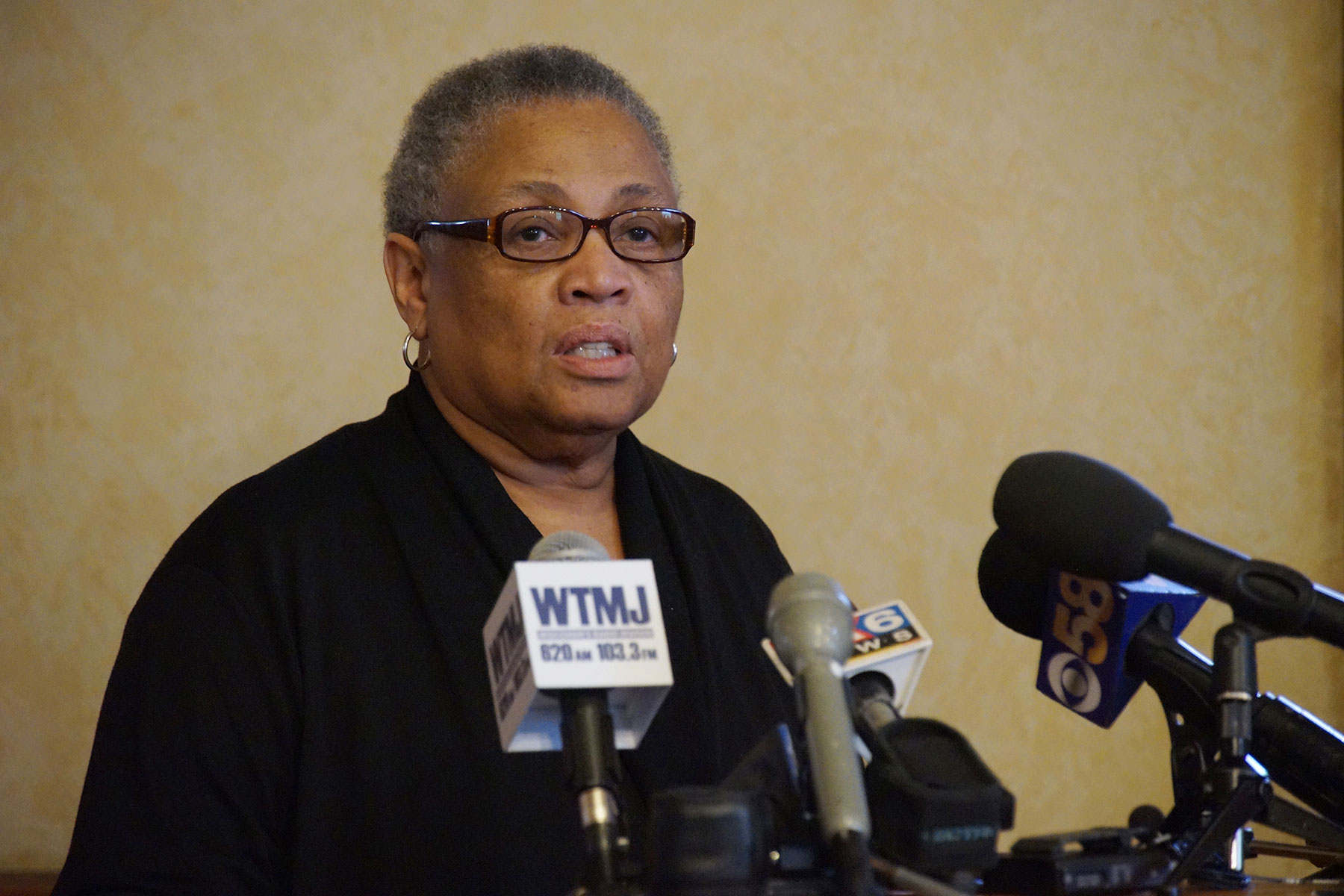
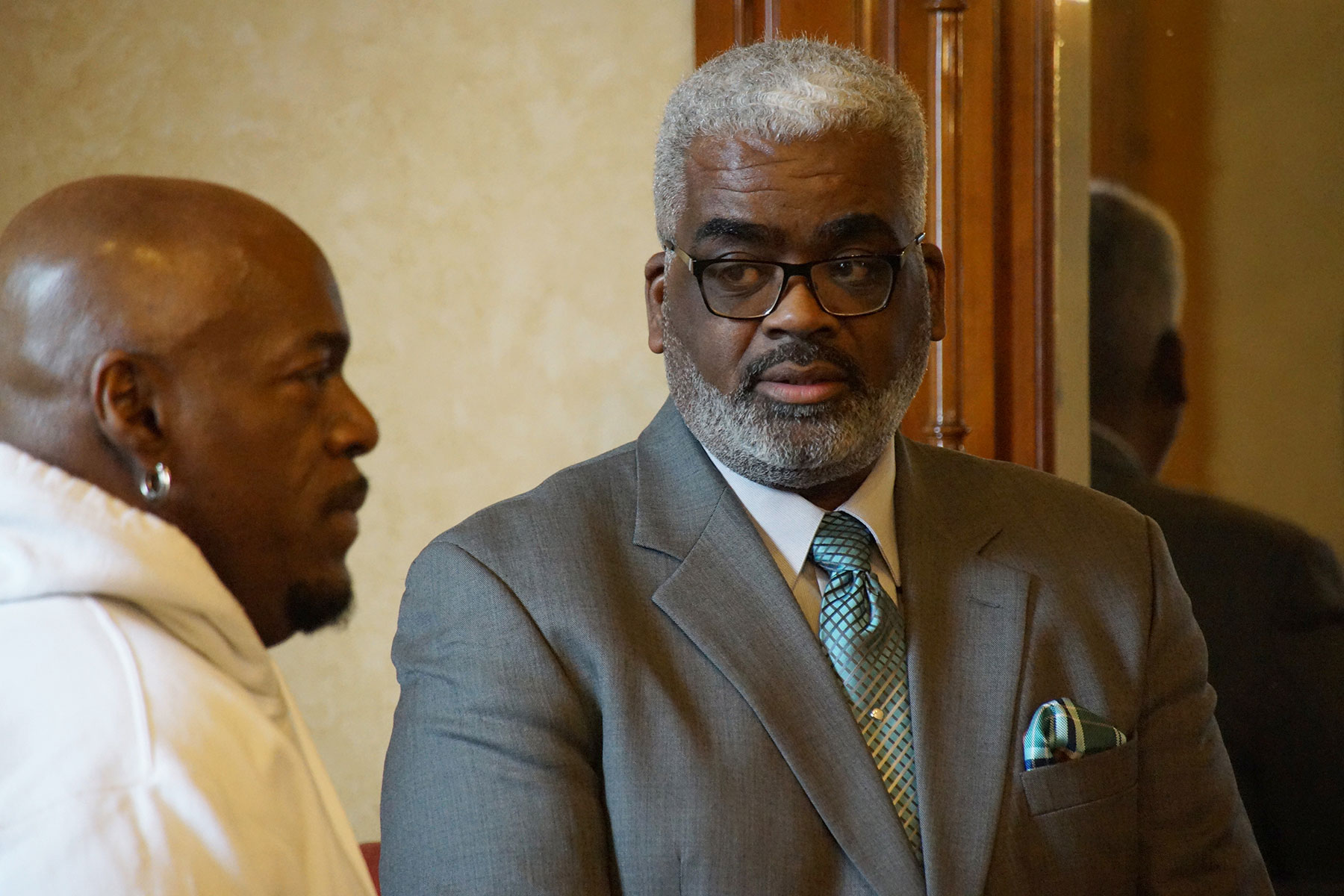
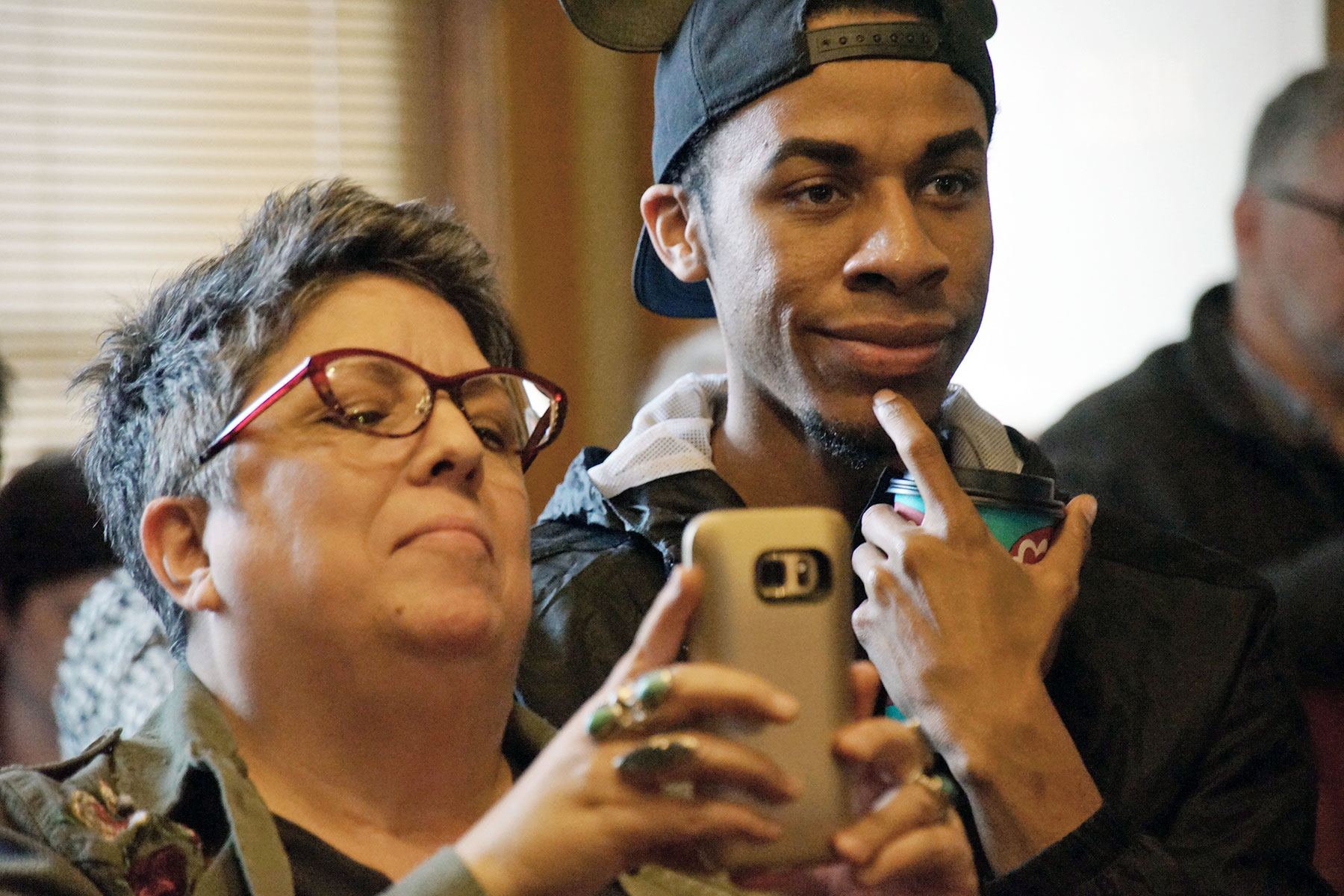


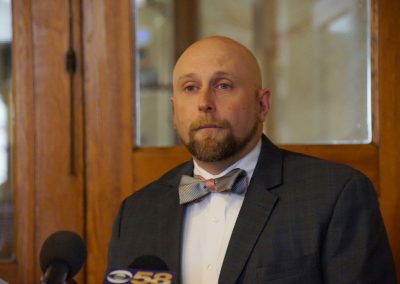
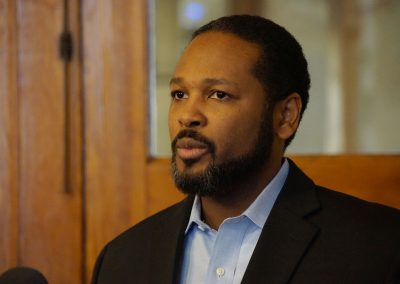

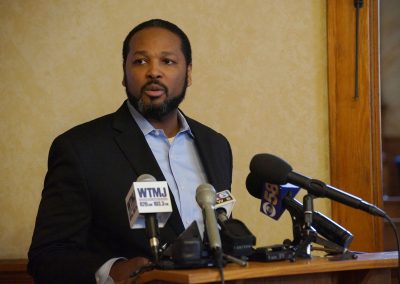

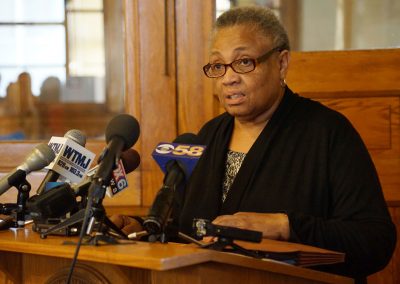
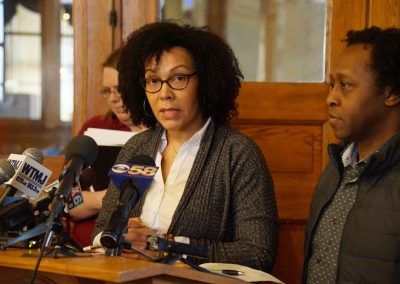
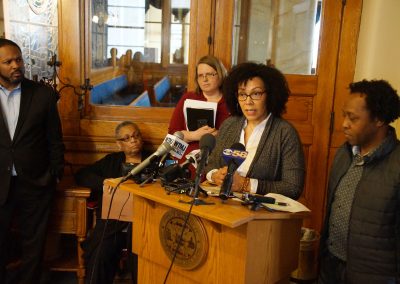


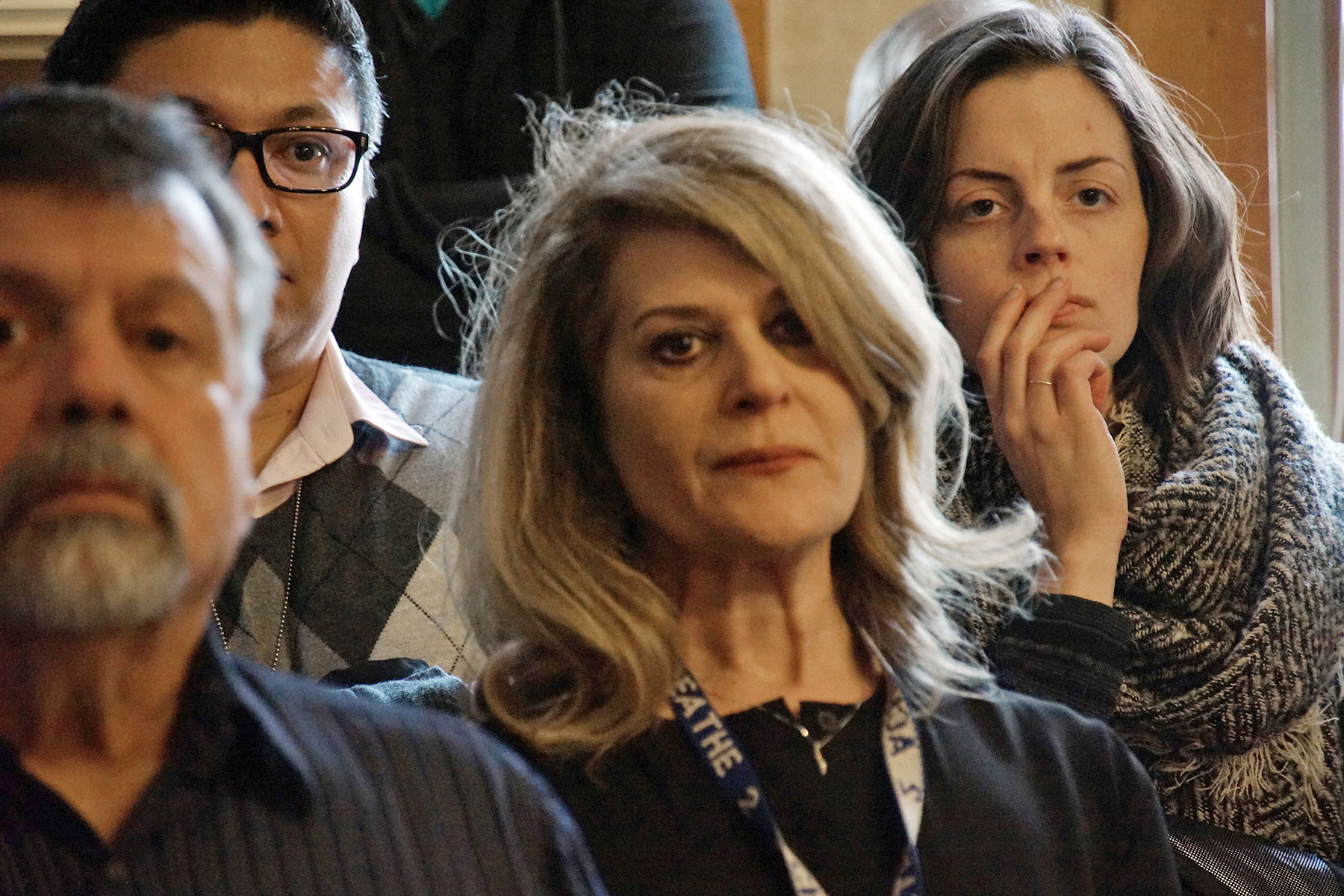

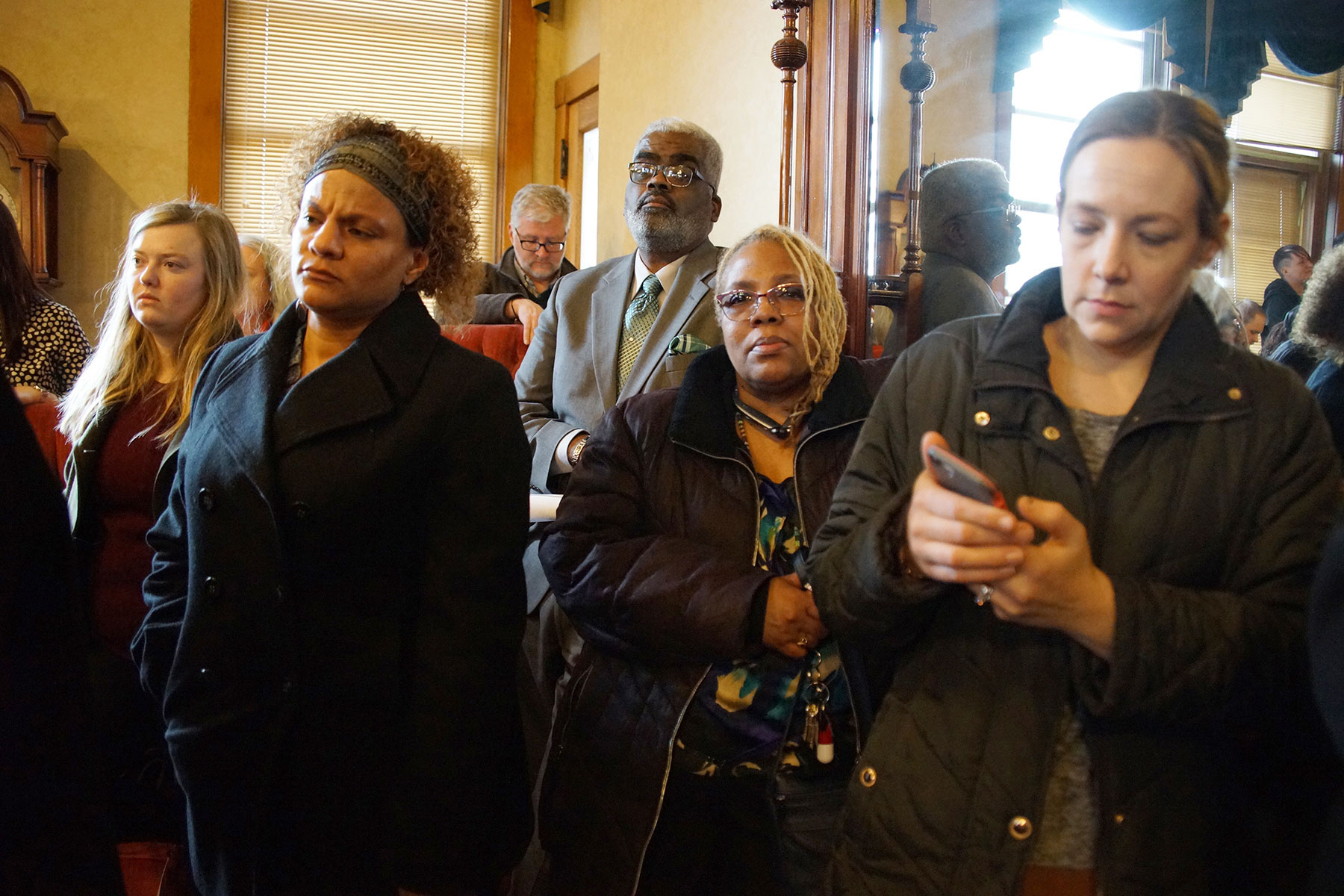



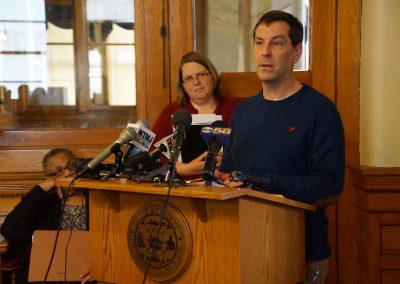

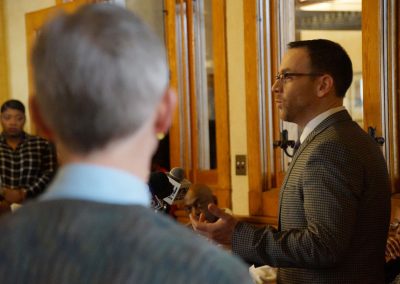
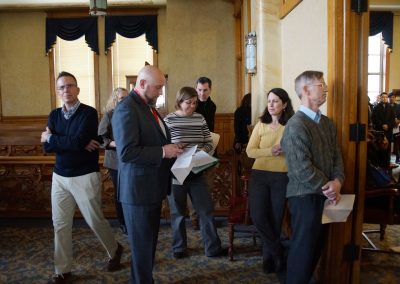

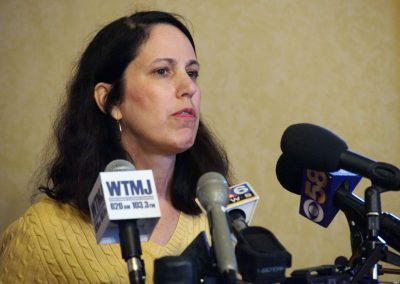

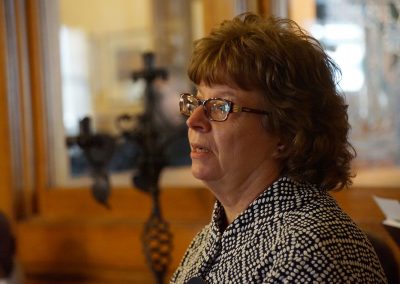
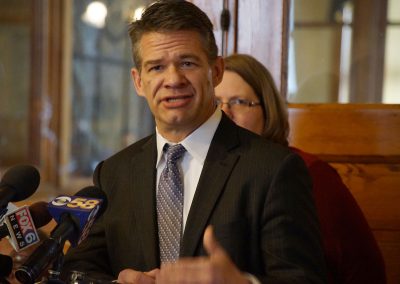

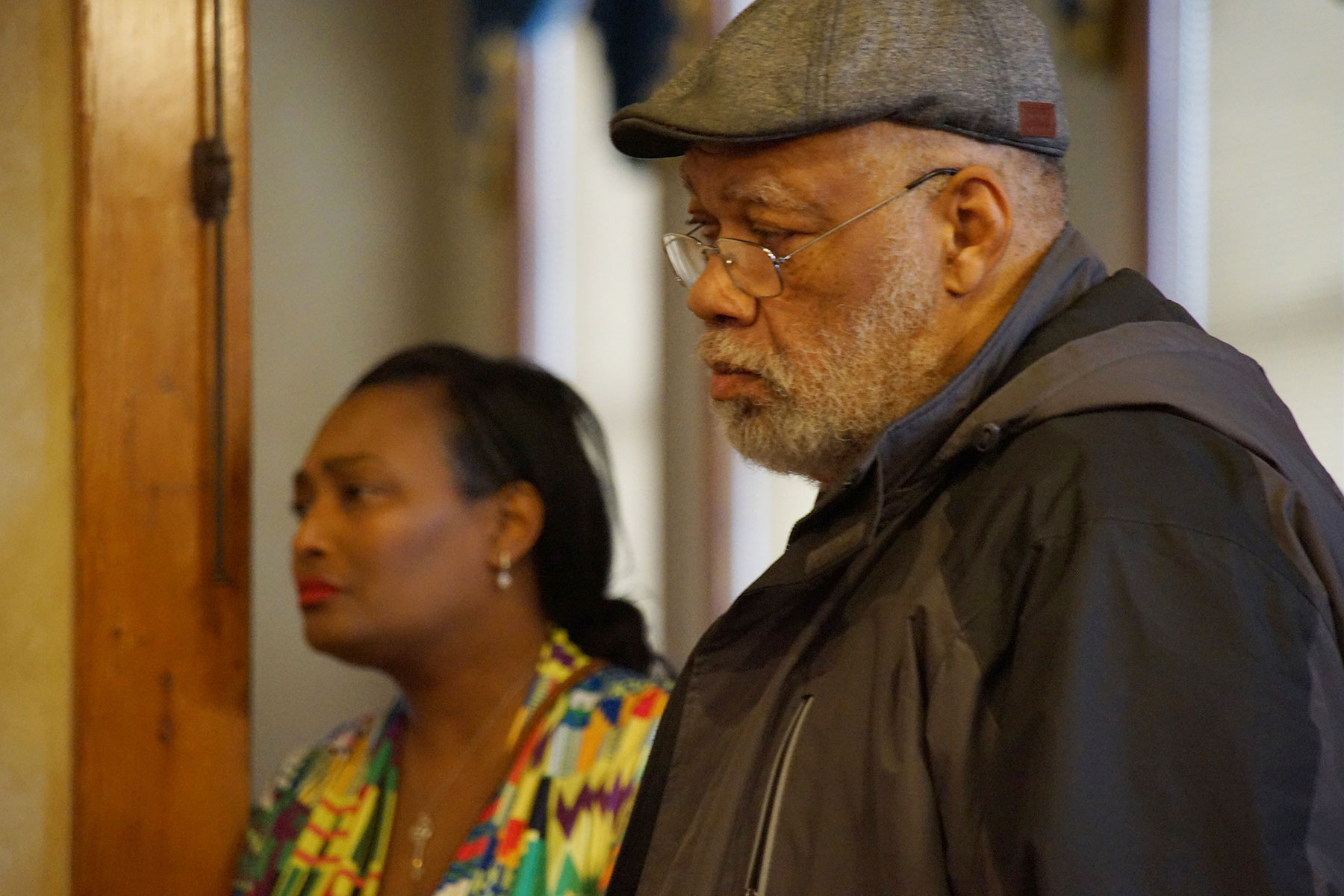

![Dominic Inouye: On Discovering the [Real] Heart of Milwaukee](https://www.milwaukeeindependent.com/wp-content/uploads/2018/12/00_121518_RealHeartMKE_001-440x264.jpg)


